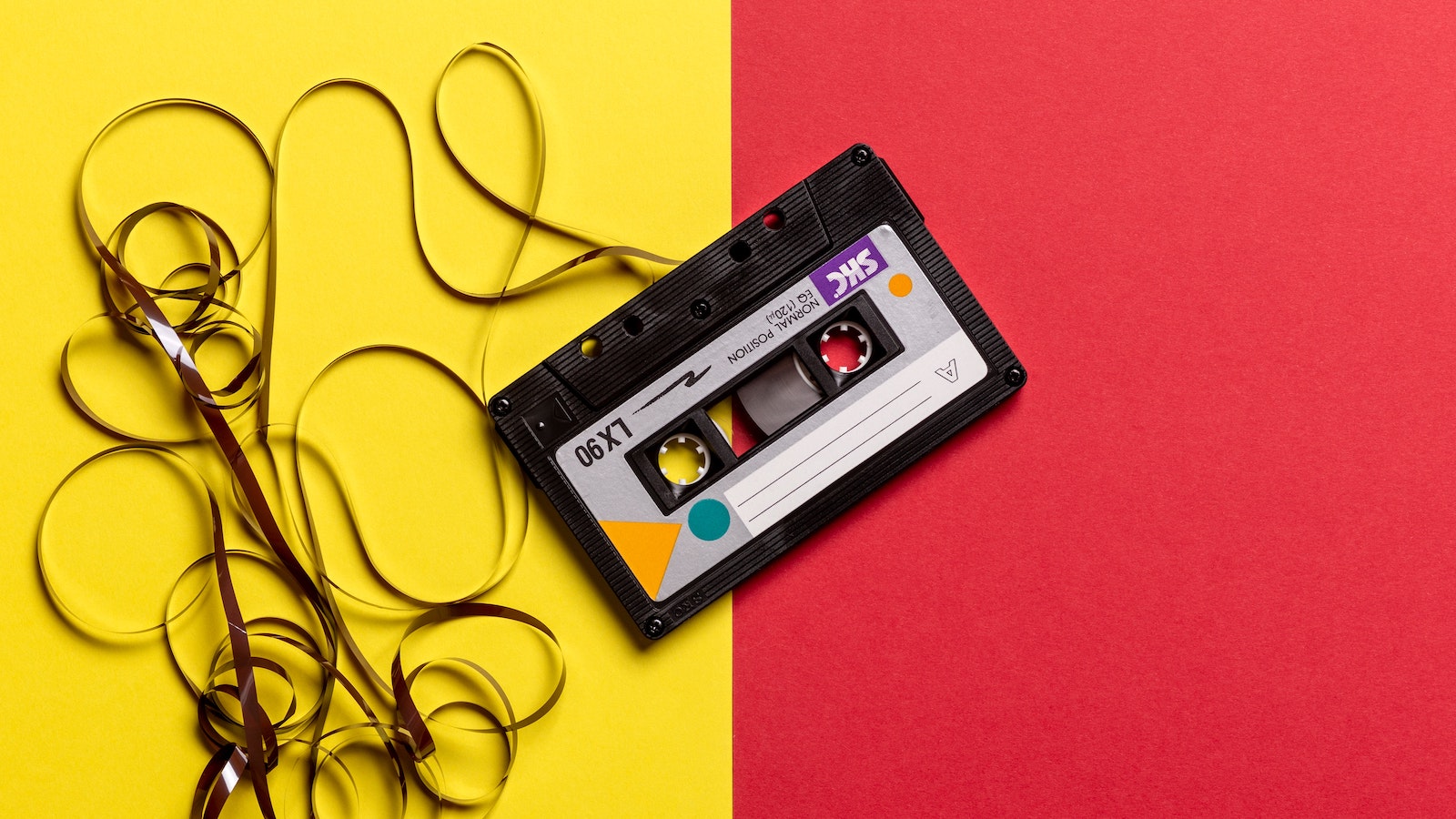
Are you an artist curious about how to contact music supervisors? Music supervisors are the music-to-picture gatekeepers, responsible for selecting the tracks and closing the deals between artists and productions.
If you’re trying to win the ear of music supervisors for film and TV, here are the 10 best and worst practices from industry pros Ramsay Adams, Dave Hnatiuk, and David Weiss, the trio behind Music Supervision 101 and authors of Music Supervision: The Complete Guide to Selecting Music for Movies, TV, Games & New Media.
1. Do your research
Music supervisors will often narrow down their focus to a handful of publishing companies, agents, and labels that they know and trust. This helps them get deals done quickly and efficiently.
Before contacting a music supervisor, make sure you know their work. You can use a music supervisor directory (like the Guild of Music Supervisors).
Blindly sending “listen to my music!” emails is a waste of their time and yours. Just like your music has its own sound, many music supervisors have their own brand and distinctive credits. If you’re sending cold emails to music supervisors, you’ll have a better chance if they have a track record of placing music that’s in the same vein as your work.
2. Take advantage of the subject line
Demonstrate that you studied up on each supervisor with an intelligently-crafted subject line in your initial email. If your brand of EDM is perfect for a particular Netflix series, differentiate your email or social media intro with a title like: “Techno for vampire zombie nightclub scenes.” The music supervisor on the receiving end will appreciate that you’re paying attention.
3. Make music that’s authentically yours
Music supervisors looking for songs typically want music that’s real and will resonate with the audience. If your music comes from the heart, your odds for success will greatly improve.
Likewise, writing a song about tires, for the sole purpose of placing it in a Goodyear commercial, probably won’t get you very far.
4. Have a unique presentation
Established music supervisors receive countless pitches from musicians, music libraries, managers, and A&R reps. Often it’s an email with a generic heading, boilerplate copy, and a link to a YouTube video or a SoundCloud file. They may also receive a manila envelope with a thumb drive and a forgettable cover letter.
These emails and envelopes mostly go unopened and are usually trashed.
Try something different to get attention. Send a box of donuts. Write a unique or personal email header. Anything that sets you apart will increase your chances of getting them to open the email or envelope and give it a listen.
5. Be polite and persistent
There’s a fine line between being politely persistent and coming across as annoying. A general rule is to attempt to contact music supervisors three times, maximum.
- Send an email or an envelope
- Attempt to reach out to ask if they received it
- Ask whether they have a use for your music
If you’re polite and persistent and you don’t land a deal right away, the music supervisor might keep you in mind for future projects. It’s a small world, after all. No need to burn bridges.
6. Don’t hit up music supervisors who don’t want to be contacted
Most professionals don’t have time for unsolicited submissions. The issue isn’t just about listening to your music, it’s also being sure that a song is something they can clear easily.
7. Don’t cold-call music supervisors on the phone
While there’s an essence of bravado and self-confidence evident in cold calling, it’s a bit of a red flag. Do you like calls out of the blue? If music supervisors have multiple ongoing projects, they may be managing dozens of active contacts. They also might be waiting for an important call.
Find another way to make that first contact via social media, email, attending an event, or — and this is the best way — building an audience that’s passionate about your music. That way, the music supervisors may come to you.
8. Don’t send attachments in a cold email
Attaching music files to an initial email is a rookie mistake. A big attachment might get your email jettisoned into a spam folder before your target music supervisor even has the chance to see it.
Send a link to your track, or better yet, simply introduce yourself and ask them if they’d be interested in receiving a link to your music. If they say “yes,” then you’ve started a dialogue. Make sure to always link to a WAV file instead of an MP3.
9. Don’t submit music that isn’t exactly within the requested genre or style
If you have received a creative brief or song style request from a music supervisor, make sure you give them what they asked for. Nothing is more frustrating when they’re looking for one thing and receive something that’s the wrong genre, tempo, or has vocals when they wanted an instrumental.
10. Don’t sell yourself as a “jack of all trades”
No one is great at everything. Put your ego aside, and market yourself based on your strengths. Any time a composer or producer introduces themselves as a master of all genres, the red flag of warning immediately goes up.
Any experienced music supervisor looking for songs knows that the best of any genre comes from those who specialize in those genres. Stick to what you’re great at and offer your services with that style first and foremost. If you prove yourself on a first project, who knows what else will follow.
Check out this interview with Matt FX (Broad City) to learn more about how to contact music supervisors and getting your tracks into the right person’s hands.



